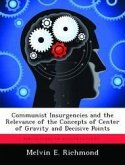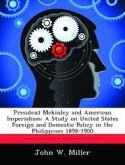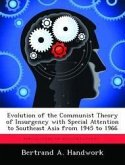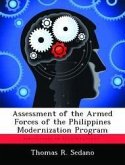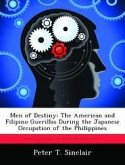This study examined the conditions which brought about the organization and growth of anti-communist vigilantes, and their impact on the counterinsurgency effort and society in the Philippines. The analysis aimed at determining a suitable role for anti-communist vigilantes in a comprehensive counterinsurgency program and their future role in a post-insurgency Philippine society. Moreover, the research was also directed at defining the role of government or any of its agencies in the anti-communist vigilante movements in the Philippines. This study used the historical method to collect, analyze, and integrate evidence. This was reinforced by a survey administered to all Armed Forces of the Philippines officers and enlisted personnel attending training in the Continental U.S. service schools. The study concluded that the spectre of CPP/NPA political violence, the resulting economic strain of "progressive taxes" exacted on the masses and businesses, and the inspiring motivation of the 1986 "People Power Revolution" are the conditions that bred courage to the people to spontaneously reject and openly confront, "vigilante style", the communist movement. The study also found that the Philippine government, particularly President Corazon C. Aquino, should provide the lead in harnessing the ground swell against communism. President Aquino's enormous popularity is the single unifying element, which can equal if not better the charisma and success of the late President Magsaysay in fighting the HUKs in the 50's. Finally, the study finds that the politico-psychological impacts, void of an ideology, of vigilantism to a nation menaced by a violence prone insurgent movement more than outweighs the portent of anarchy that may result from the existence of popular militias, un-regulated by government.
Hinweis: Dieser Artikel kann nur an eine deutsche Lieferadresse ausgeliefert werden.
Hinweis: Dieser Artikel kann nur an eine deutsche Lieferadresse ausgeliefert werden.


